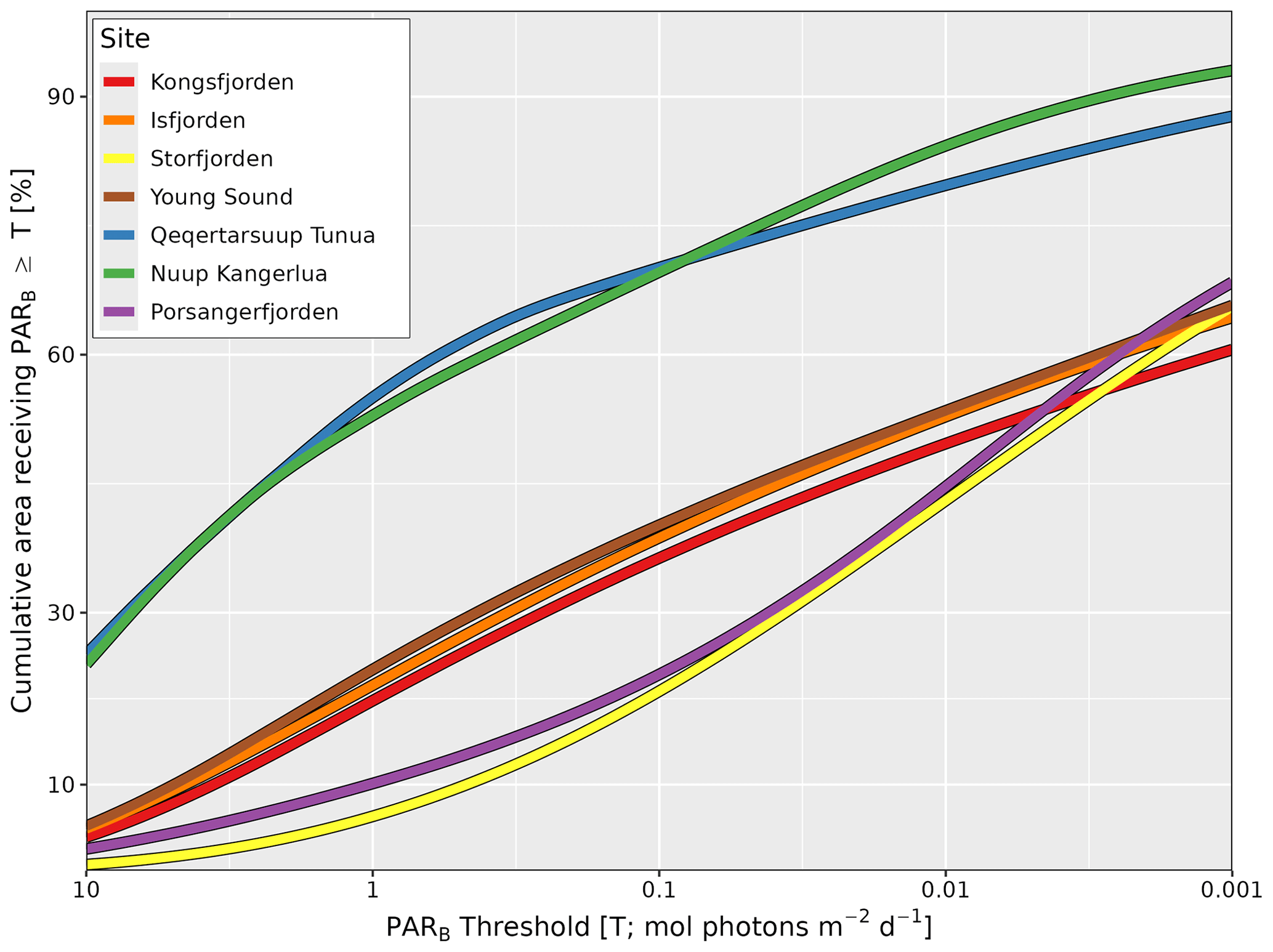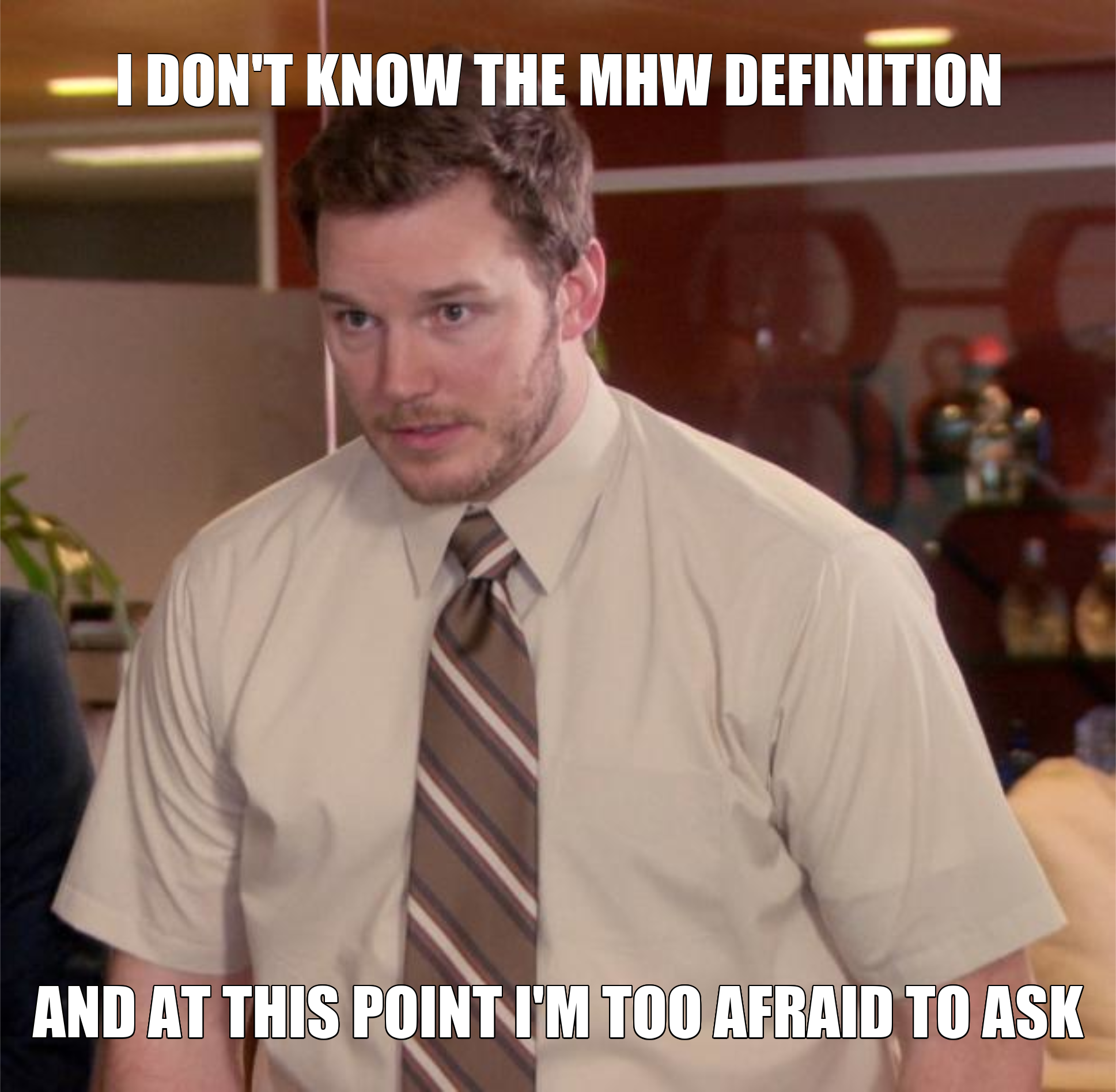Packages
The R packages I’ve created/maintain
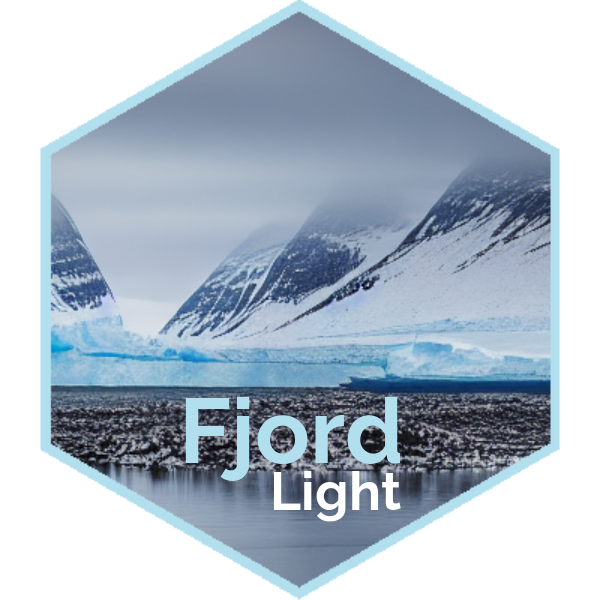
FjordLight
An R package to aid in accessing the fjord PAR data product created for the FACE-IT project.
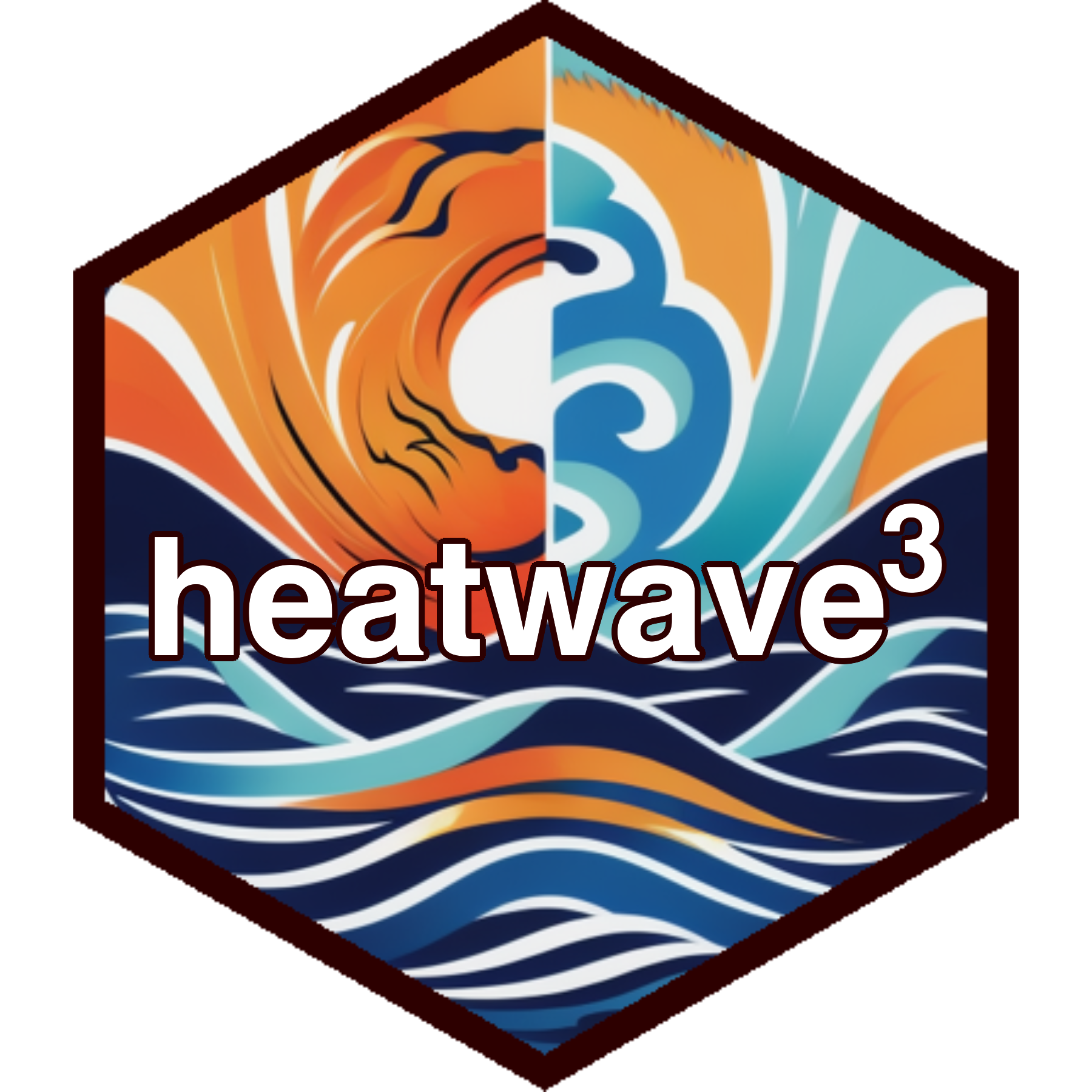
heatwave3
An R package for the detection of heatwaves and cold-spells directly on NetCDF files.
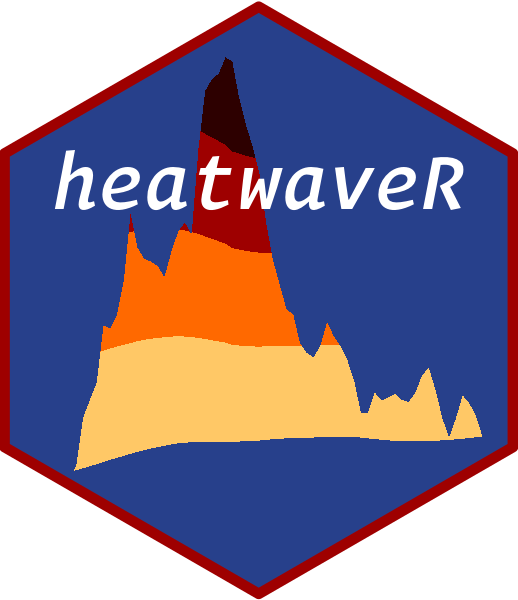
heatwaveR
An R package for the detection of heatwaves and cold-spells.
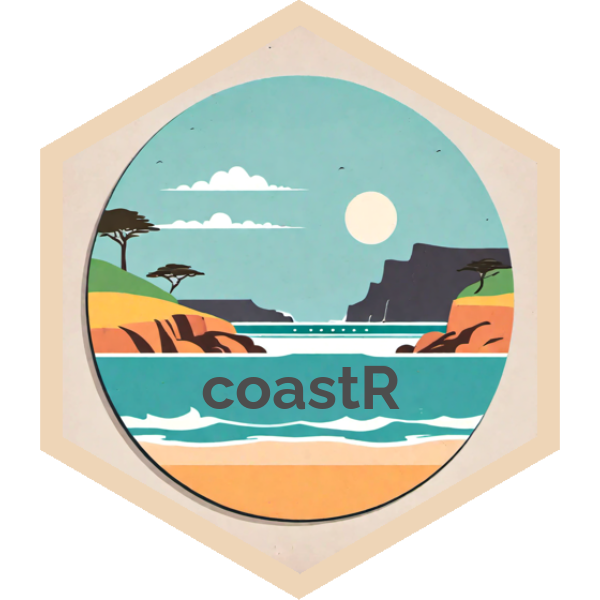
coastR
An R package with useful functions for coastal oceanography.
